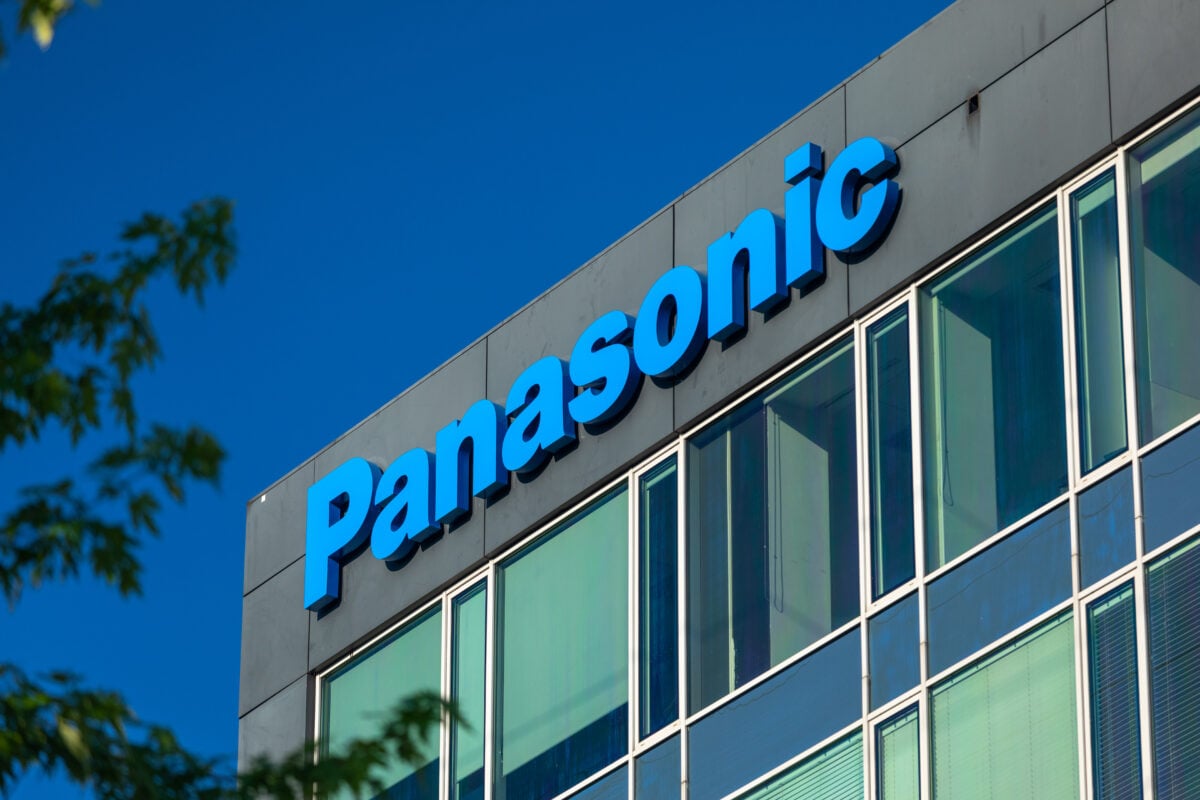TLDRs:
- Panasonic invests $374M in Czech plant, boosting European heat pump production capacity.
- European heat pump market projected to reach $82.6B by 2034, driving Panasonic expansion.
- Supply chain risks and geopolitical tensions motivate shift from Southeast Asia to Europe.
- Expanded Pilsen facility expected to create skilled manufacturing and research jobs.
Panasonic has officially reopened its enlarged heat pump facility in Pilsen, Czech Republic, following a €320 million (US$374.3 million) investment aimed at strengthening production for the European market.
The Pilsen plant, now Panasonic’s main European hub for both production and research of air-to-water heat pumps, is projected to achieve an annual output of 1.4 million units by 2030.
The expansion marks a decisive shift in Panasonic’s manufacturing strategy, moving much of its production and R&D focus from Southeast Asia to Europe. The company cites growing local demand for clean energy products and the EU’s decarbonization goals as primary drivers behind the move.
Long-Term Market Growth Drives Expansion
Despite short-term sales declines, Panasonic is confident in the long-term growth potential of the European heat pump market. Global sales of heat pumps dropped by 1% in 2024, with Europe experiencing a sharper 21% decline, mainly due to reduced demand in Germany and France.
Yet, analysts project that Europe’s heat pump market could surge from $14.2 billion in 2024 to $82.6 billion by 2034, representing a compound annual growth rate of 19.3%.
Currently, heat pumps account for 28% of Europe’s space heating market, signaling significant room for growth as governments continue phasing out gas boilers. Panasonic’s €320 million investment positions the company to capitalize on this expected market recovery, potentially gaining a competitive advantage over rivals who delay infrastructure expansions during temporary downturns.
Supply Chain Localization Mitigates Risks
Panasonic’s European shift also addresses growing concerns around supply chain vulnerability and geopolitical uncertainty in Asia. Survey data indicates that 55% of businesses now view geopolitical factors as their primary supply chain concern, up from 35% in 2023.
By relocating production closer to key European markets, Panasonic reduces risks related to transportation delays, trade restrictions, and scrutiny of imported goods’ carbon footprint.
The Pilsen plant expansion demonstrates how companies are increasingly adopting regionalized supply chain strategies to hedge against global disruptions. In 2024, over 76% of European shippers reported experiencing supply chain interruptions, highlighting the strategic value of localized manufacturing capabilities.
Job Creation and Innovation Benefits
Beyond production, the Pilsen facility is expected to become a hub for skilled labor and research innovation. Since Panasonic first established operations in the Czech Republic in 1997, the company has steadily grown its European footprint.
The latest expansion not only supports local employment but also strengthens Europe’s position in renewable energy technology development.
As the region’s demand for sustainable heating solutions grows, Panasonic’s European hub is set to play a central role in meeting that demand while aligning with environmental and energy policy objectives. This move underscores a broader trend among global corporations investing heavily in regional manufacturing to balance economic, environmental, and geopolitical priorities.
That said, Panasonic’s $374 million investment in the Czech Republic signals both confidence in Europe’s green energy market and the importance of resilient, locally anchored supply chains. By combining production capacity growth with innovation and skilled employment, the company aims to solidify its leadership in the continent’s rapidly expanding heat pump sector.







